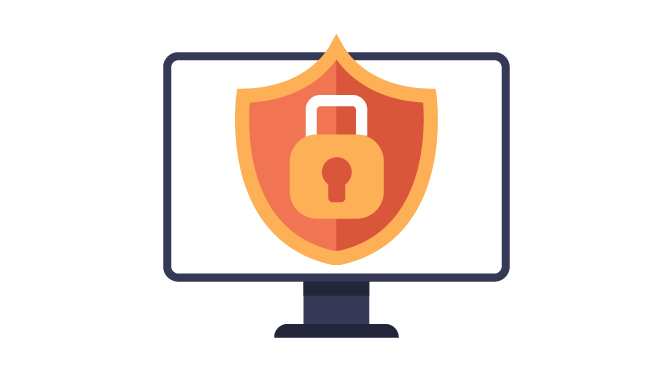Parents Guide to Online Safety

Children now have easier access to online content, often carrying devices around all day, and sometimes all night too! The opportunities that technology provides are countless but also are possible dangers. It is important that both parents and children understand how to keep safe online.
Put yourself in Control
Install parental controls on your home broadband and any internet-enabled devices. Set up a user account for your child on the main device they use and make sure other accounts in the household are password-protected so that younger children can't access them by accident.
Agree Boundaries
Be clear what your child can and can't do online – where they can use the internet, how much time they can spend online, the sites they can visit and the type of information they can share. Agree with your child when they can have a mobile phone or tablet.
Stay Involved
Put your computer or main device in a communal area like the lounge or kitchen so you can keep an eye on how they're using the internet and also share in their enjoyment.
Talk to Siblings
It's also a good idea to talk to any older children about what they're doing online and what they show to younger children. Encourage them to be responsible and help keep their younger siblings safe.
Search Safely
Use safe search engines such as Swiggle or Kids-search. You can save time by adding these to your 'Favourites'. Safe search settings can also be activated on Google and other search engines, as well as YouTube.
Explore Together
The best way to find out what your child is doing online is to ask them to tell you about what they do and what sites they like to visit. If they're happy to, ask them to show you. Talk to them about being a good friend online.
Use Airplane Mode
Use airplane mode on your devices when your child is using them so they can't make any unapproved purchases or interact with anyone online without your knowledge.
Check if it's Suitable
The age ratings that come with games, apps, films, and social networks are a good guide to whether they're suitable for your child. For example, the minimum age limit is 13 for several social networking sites, including Facebook and Instagram. Although sites aimed at under-10s like Moshi Monsters and Club Penguin also have social networking elements.
If your child uses social media and has personal accounts such as Snap Chat or TikTok, try to keep up to speed with how they work. It is also a good idea to have access to such accounts and discuss the responsibilities and potential risks of using social media with your child. Here are our key messages below:
Should the unimaginable happen, and your child informs you that they have been involved in a form of abuse, or sexual bullying it is important to stay calm and reassure your child that they are not in any trouble. Let the appropriate services know, such as the police and social care as soon as possible, in order to help both you and your child get the correct support.
Before your child goes out, make sure that you know:
Always plan how they are getting home and make sure they have money for a taxi and/or credit on their phone in case of an emergency.